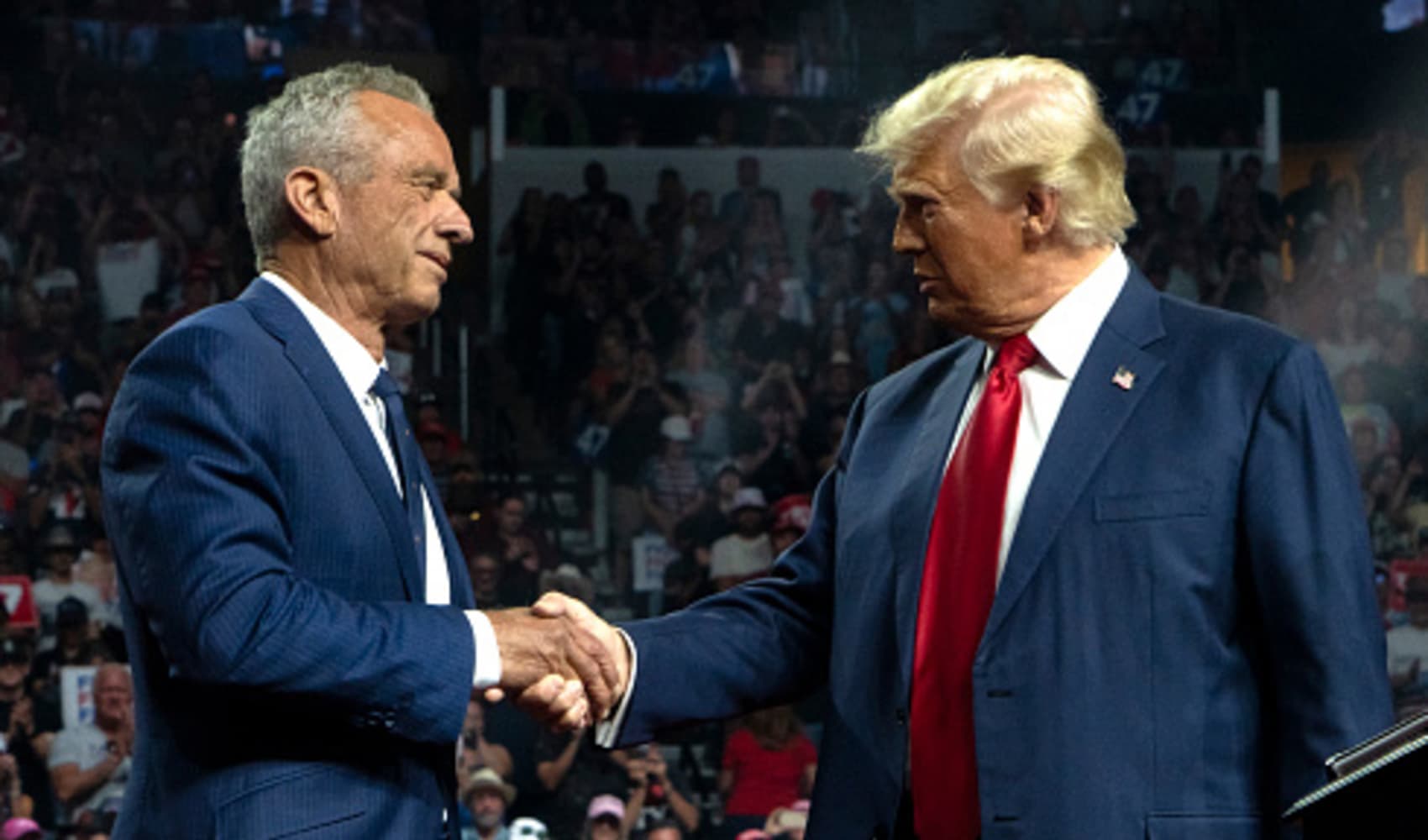
- The Inflation Reduction Act has a few provisions related to tax credits for electric vehicles.
- Consumers can get a $7,500 tax credit for buying a new EV. It may be challenging for cars and/or buyers to qualify due to certain requirements.
- It may be easier to get a $7,500 credit by leasing an EV. Leases aren't subject to the same rules.
- Automakers may pass along the tax credit by lowering monthly payments.
Buying a new electric vehicle isn't the only way consumers can access a $7,500 federal EV tax credit. They may also be able to get the money by leasing a car.
The Inflation Reduction Act, which President Joe Biden signed in 2022, contained various rules related to consumer tax breaks for EVs.
Perhaps the best known of them — the "new clean vehicle" tax credit — is a $7,500 tax break for consumers who buy a new EV. Most qualifying buyers opt to get those funds directly from the car dealer at time of purchase.
Get top local stories in San Diego delivered to you every morning. Sign up for NBC San Diego's News Headlines newsletter.
But many auto dealers are also passing along a $7,500 tax break to lessees, via a different (and, experts say, lesser-known) mechanism called the "qualified commercial clean vehicles" tax credit.
The upshot for consumers: It's far easier to get than the credit for buyers of new EVs, since it doesn't carry requirements tied to car manufacturing, sticker price or buyers' income, for example, experts said.
Money Report
In other words, the $7,500 may be available for lessees but not for buyers.
This EV tax credit "leasing loophole" has likely been a key driver of increased leasing uptake in 2024, Barclays auto analysts said in an equity research note published in June.
About 35% of new EVs were leased in the first quarter of 2024, up from 12% in 2023, according to Experian.
"Want a good deal on buying a car today? Your best bet may be leasing an EV," Barclays said.
What is the EV leasing loophole?

Receipt of the full new clean vehicle credit — Section 30D of the tax code — is conditioned on certain requirements for vehicles and buyers.
For example, final assembly of the EV must occur in North America. Battery components and minerals also carry various sourcing and manufacturing rules. Cars must not exceed a certain sticker price: $55,000 for sedans and $80,000 for SUVs, for example.
As a result, not all EVs qualify for a tax credit. Some are eligible, but only for half ($3,750).
More from Personal Finance:
Are gas-powered or electric vehicles a better deal?
States rolling out consumer rebates tied to energy efficiency
Rent a car for a road trip, or drive your own?
Thirteen manufacturers make models currently eligible for a tax break, according to the U.S. Energy Department. That list is expected to grow over time as automakers shift production to comply with the new rules.
To qualify for the tax break, buyers' annual income also can't exceed certain thresholds: $300,000 for married couples filing a joint tax return or $150,000 for single filers, for example.
But consumers can sidestep these requirements by leasing.
That's because leasing is qualified as a commercial sale under the Inflation Reduction Act, according to Barclays. With a lease, the carmaker technically sells the vehicle to a leasing partner, which is the one transacting with consumers.
The U.S. Treasury Department issues the tax credit — offered via Section 45W of the tax code — to the leasing partner, which may then pass on the savings to lessees.
Dealers aren't obligated to pass on savings
The catch is, they don't have to pass on savings to drivers, experts said.
It seems "a ton" are doing so at the moment, though, said Ingrid Malmgren, senior policy director at Plug In America.
The $7,500 tax credit enables dealers to charge low monthly payments for leases, thereby helping "stoke demand" for EVs, Barclays wrote. In 2024, dealers have leaned more heavily on such leasing promotions, in the form of subsidized monthly payments, analysts said.
Foreign automakers that struggle to meet the Inflation Reduction Act's domestic manufacturing requirements are among those doing so.
"Greater EV ambitions from Asian [car manufacturers] such as Toyota and Hyundai Kia also heavily utilize the leasing loophole as their production outside of North America limits their ability to qualify for the consumer credit, but not the commercial credit," Barclays wrote.
Brian Moody, executive editor of Autotrader, a car shopping site, expects the majority, if not all dealers, to pass along tax break savings to remain competitive.
"It's unlikely you'd go lease one and not get the advantage," Moody said.
EV leasing considerations for consumers
Consumers may consider doing the rough math on leasing versus buying before making an ultimate choice, including tallying potential tax breaks, interest costs, total car payments and resale value, experts said.
While leases are generally (though not always) more expensive than buying, leasing carries nonfinancial benefits, too, Malmgren said.
For example, leasing ensures car users always have a new vehicle, and also offers "a great glide path" for consumers to determine whether EVs are right for them, without much risk, she said.
Buyers waiting for "next-generation EVs" from certain carmakers around 2026 to 2028 can "maintain flexibility," while also providing a benefit to those "wary of technological obsolescence given the rapid pace of EV/software-defined vehicle development," Barclays wrote.
That said, it may be more complicated for consumers to untangle how dealers are passing along a tax credit to EV lessees relative to buyers, experts said.
"I think leases are a little bit of a shell game," Malmgren said. "There are many variables that factor into your payment" that dealers can tweak in a lease contract.
She encourages consumers to get a printout of everything included in the lease to make sure the $7,500 tax credit is reflected in the pricing.
"Quite frankly, I'd just ask upfront," Moody said. "And it should be spelled out in the [lease] documents, too."
If it's not easy to understand, consumers should consider moving on to another dealer, he added.






